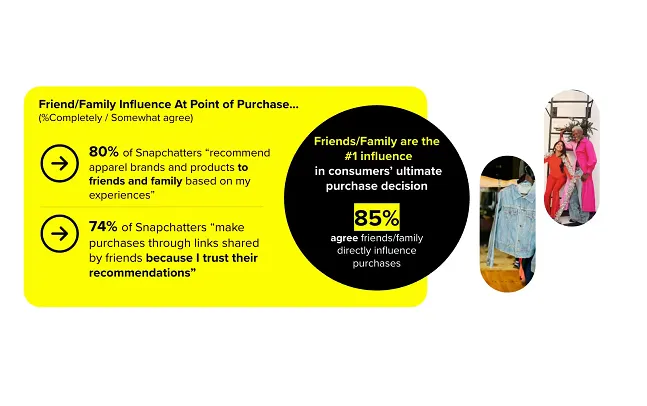This Guy Risked His Life for Universal Anti-Venom
One man, 200 snakebites, and a shot at saving millions. Discover how Tim Friede’s venom immunity could lead to the world’s first universal antivenom—read the full story now.


In a world where snakebites claim over 140,000 lives annually and leave approximately 400,000 individuals with permanent disabilities, one man's extraordinary journey offers a glimmer of hope for a universal solution. Tim Friede, a self-taught herpetologist and former truck mechanic from Wisconsin, has voluntarily subjected himself to over 200 venomous snakebites and more than 700 venom injections over an 18-year period. His goal? To develop immunity to various snake venoms and contribute to the creation of a universal antivenom.
The Global Snakebite Crisis
Snakebite envenomation is a significant yet often overlooked public health issue, particularly in tropical and subtropical regions. Traditional antivenoms are typically species-specific, requiring accurate identification of the snake responsible for the bite. This specificity poses challenges in areas where multiple venomous species coexist, and access to medical care is limited. Moreover, conventional antivenoms are produced by immunizing animals like horses, leading to potential allergic reactions in human recipients.
Tim Friede's Unconventional Approach
Driven by a passion for herpetology and a desire to make a difference, Tim Friede embarked on a personal mission to build immunity against snake venom. Starting in 2000, he began injecting himself with small, controlled doses of venom from various species, including cobras, mambas, and taipans. Over time, his body developed antibodies capable of neutralizing these toxins. Despite facing severe reactions, including a coma induced by two cobra bites in 2001, Friede persisted in his quest, believing that his unique immune response could aid in developing a broad-spectrum antivenom.
Scientific Breakthrough: Broadly Neutralizing Antibodies
In 2017, Friede's efforts caught the attention of Dr. Jacob Glanville, CEO of the biotechnology company Centivax. Recognizing the potential of Friede's antibodies, Glanville collaborated with researchers from Columbia University to isolate and study them. The team identified two potent antibodies, LNX-D09 and SNX-B03, which, when combined with the phospholipase inhibitor varespladib, formed a cocktail capable of neutralizing venom from 13 of the 19 most dangerous snake species, including the black mamba and king cobra. This research was published in the journal Cell in May 2025.
Implications for Global Health
The development of a universal antivenom holds immense promise, especially for regions like India, where snakebite mortality rates are among the highest globally. A broad-spectrum antivenom could simplify treatment protocols, reduce the need for multiple species-specific antivenoms, and improve accessibility in remote areas. Furthermore, producing antivenoms using human-derived antibodies may decrease the risk of adverse reactions associated with animal-based products.
The Road Ahead
While the initial results are promising, further research and clinical trials are necessary to validate the efficacy and safety of this universal antivenom in humans. Centivax plans to initiate veterinary trials in Australia within the next nine months and aims to commence human clinical trials within two years. If successful, this innovation could revolutionize snakebite treatment and significantly reduce global mortality and morbidity rates associated with envenomation.
A Legacy of Empathy and Science
Tim Friede's dedication exemplifies the profound impact that individual passion and perseverance can have on global health challenges. His journey underscores the importance of innovative approaches in addressing neglected diseases and serves as a testament to the potential of combining personal commitment with scientific inquiry to achieve life-saving breakthroughs.
Edited by Rahul Bansal






























































































































































































![[Weekly funding roundup May 17-23] VC inflow remains steady](https://images.yourstory.com/cs/2/220356402d6d11e9aa979329348d4c3e/Weekly-funding-1741961216560.jpg)



